Pakistan is reeling under blast after blast. Now it is the Lahore twin blasts which have shaken the very core of the country. In the latest incarnation of bombing in Pakistan, 10 persons are reported as killed and over 30 as injured so far.
Pakistani media reports tell us that the fresh blasts occurred inside an under-construction building. But the Pakistani government officials and investigators are giving conflicting reports regarding the nature of the latest blasts. Apparently, they are confused over the target of the explosion, as this report in Pakistan’s Geo TV reveals .
Not only common masses in Pakistan but even the noted artists, filmmakers and writers are scared to freely live and do their jobs in the aftermath of the mindless violence wreaked against the peaceful symbols and spiritual places like dargahs and Sufi shrines. A regrettable instance is the postponing of the first of its kind I Am Karachi Film Festival. It was slated for 23 to 26 February in Karachi and was eagerly awaited by the film and art aficionados of both Pakistan and India. But after a series of suicide attacks and bomb blasts have put the Sufi shrines and all cultural heritage into jeopardy, the film industry in Pakistan, much like the rest of the country, is forced to live in fear. The I Am Karachi Film Festival was aimed at shedding light on the real picture of Karachi through showcasing films with innovative perspectives of the city. But, horrified by the continued blasts, the organisers of this first edition of the film festival dropped the idea as of now. Cancelling the festival, they wrote : “There have been 8 bomb attacks in Pakistan over the past 5 days and Thursday’s attack on a beloved Sufi’s shrine took over 150 lives. The security situation in Karachi is unstable at the moment and our board of directors has taken a unanimous decision to postpone the film festival till after the city stabilizes. We cannot endanger our guests or audiences.”
It is noteworthy that the postponed film festival is part of the Karachi Conference Foundation (KCF) which initiated a nationwide peace campaign under the banner of “I Am Karachi”. Several civil society groups and prominent people in Pakistan joined it in a bid to restore the country’s peace and stability through a variety of cultural activities, particularly pop-up cinema, film festivals, youth festivals, peace conferences and dialogue series. But the grim situation is that those who were sincerely endeavouring to contain the unrest in the country are themselves in a sorry state of affairs. It is indicative of a much deeper malaise in the country.
The fresh twin blasts in Lahore have rocked Pakistan when people have not even overcome the agony of the attack on the emblem of love, peace and societal harmony in Sindh—the Sufi shrine of Lal Shahbaz Qalandar. Inevitably, those who aspired to bring peace through cultural activities are miserably helpless. They can only howl in pain on the loss of lives and growing fear that has swept across the country. Everyone is afraid if such unpredicted tragedies could ensue again anywhere in the country, all of a sudden. The suicide bombing at Lal Shahbaz Qalandar was not first of its kind. In the previous years, similar sinister blasts targeted the two prime Sufi shrines in Pakistan—the dargah of Data Ganj Bakhs Hijweri and that of a Baluchistan-based mystic and philosopher, Hazrat Shah Noorani. Scores of innocent lives were lost in both the bombings. Only on Tuesday, three blasts rocked Pakhtunkhwa’s Charsadda district leaving 8 people dead and over 17 wounded, as Firstpost reported .
Notably, while the bombing of Pakistani Sufi shrines was perpetrated by the Islamic State which claimed the responsibility for the attack via its affiliated news agency Al-A’maq, the responsibility for Tuesday’s attack was claimed by Jamaat-ul-Ahrar, the Pakistani Taliban breakaway which sent a text message to a reporter of Associated Press. Thus, it is reinforced that the terror atrocity and travesty of Sufi heritage, culture and arts in Pakistan are the handiworks of the religious fanatics inspired by Wahhabism which is known for its perennial war on culture. Clearly, it is an out-and-out ideological battle rather than just a law-and-order problem. Wahhabis theorise that the fundamental Islamic belief of ‘tawhid’ (monotheism) cannot be strengthened without devastating all sites of ‘shirk’ (polytheism) in the lands they inhabit. In their ‘puritanical’ view, the veneration of Sufi shrines undermines Islam, as it amounts to equating Sufis with Allah, something which is tantamount to shirk. This is the ‘puritan’ tawhid underpinned by Ibn Abdul Wahhab who emerged from the deserts of Najd in Arabia and brought out a puritanical Islam completely antithetical to the Prophet Muhammad’s mystical experience. In the 18th century, Wahhabism became the state religion of Saudi Arabia with the political alliance and massive funding of the Saudi family (Aal-e-Saud). Since its inception, Wahhabism continues to provide ideological stimulus for the destruction of cultural heritage and bombing of shrines and other historic sites. This is now on the rampage in Pakistan in the name of ‘puritan’ Islamic monotheism (tawhid).
But most ironically, while the harshest condemnations against the blasts galore from all hues of Pakistani government and bureaucracy; there is no signal rebuttal to the ideology behind these massacres, which is a common knowledge now. Contrary to all substantial evidence, the Pakistani policymakers and government officials deliberately overlook the fact that the Wahhabi underpinning thriving in Pakistan has soaked the country’s atmosphere in such a brutal sectarianism that the bloody bombings have become the daily routine.
However, just as in the vicious blast on Lal Shahbaz Qalandar, similarly after the Lahore twin blasts, paradoxical reports and confusing views are emerging from Pakistan regarding the nature of the explosion. In the beginning, Punjab government authorities claimed that the blasts were the result of a “generator explosion”, but now the Punjab police states that the explosion was caused by a bomb. Punjab Health Minister Khawaja Salman Rafique told the media that “people were killed today (on Thursday) as a result of the explosion in Lahore’s Defence area”, adding that forensic teams were working on the case.
But an honest introspection on the ideological part is completely missing from the country’s political galleries and defence sectors. They still maintain a deafening silence on it even after Jamaat-ul-Ahrar, and Tahrik-e-Taliban — all ideologically inspired by Wahhabism — have claimed the responsibility of the recent suicide bombings across Pakistan.
More interestingly, the Lahore twin blasts occurred only a day after the Pakistani Army announced a nationwide crackdown against terrorism namely, “Radd-ul-Fasaad” (elimination of discord or violence). A news report in Dawn tells us that the operation Radd-ul-Fasaad is aimed at indiscriminately eliminating the “residual/latent threat of terrorism”, consolidating the gains made in other military operations. It seeks to ‘further ensure’ the security of Pakistan’s borders. The report adds: “Pakistan Air Force, Pakistan Navy, Civil Armed Forces (CAF) and other security and law enforcing agencies (LEAs) will actively participate in and ‘intimately support’ the armed forces’ efforts to eliminate the menace of terrorism from the country."
But there are minimal chances that the war tactic of Radd-ul-Fasaad will stem the tide of ongoing violence in the country. Much in the same way, the operation “Zarb-e-Azb” was launched in June 2014 as a joint military operation against the growing militancy in Pakistan. But did that end the nefarious series of terror and violence in Pakistan?
Interestingly, both the military tactics — Radd-ul-Fasaad and Zarb-e-Azb — refer to an Islamic connotation to eradicate violence (fasaad) and consolidate the fight (Zarb) against terrorism. But one wonders if the Pakistani army can defeat the home-grown jihadist outfits — Tehrik-e-Taliban Pakistan (TTP), Islamic State of Khorasan, the Islamic Movement of Uzbekistan, Jamaat-ul-Ahrar, Lashkar-e-Jhangvi, Jundallah and the likes — merely by the strongly-worded Islamic terms like Radd-ul-Fasaad and Zarb-e-Azb. In fact, somewhere along the line, Pakistan is replicating the path of its Islamist militants who extensively quote from Qur’an and Hadith—the two primary sources of the faith—to launch their own attacks.
The newly launched operation Radd-ul-Fasaad has received huge support from the Pakistani politicians, defence and civil sectors. But this is not a new counter-terror strategy of the military leadership in Pakistan. Of course, it will fetch the temporary gains for the Pakistani army, navy, air and civil armed forces. But eventually, it is fated to miserably fail like the operation Zarb-e-Azb in the complete annihilation of terror ideology which cannot be fought militarily. It can be dismantled only inside the minds of the vulnerable members of Pakistani society.
The author is a scholar of classical Islamic studies, cultural analyst and researcher in Media and Communication Studies. He can be reached at grdehlavi@gmail.com


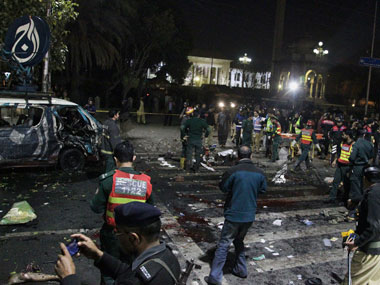)




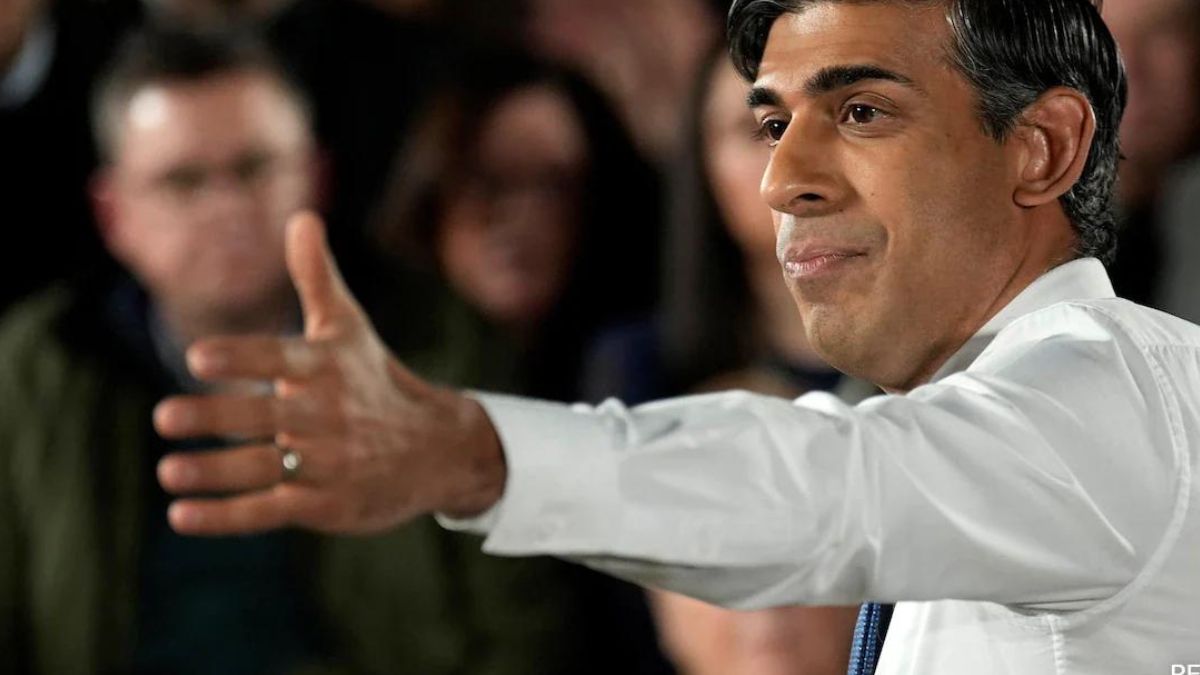)
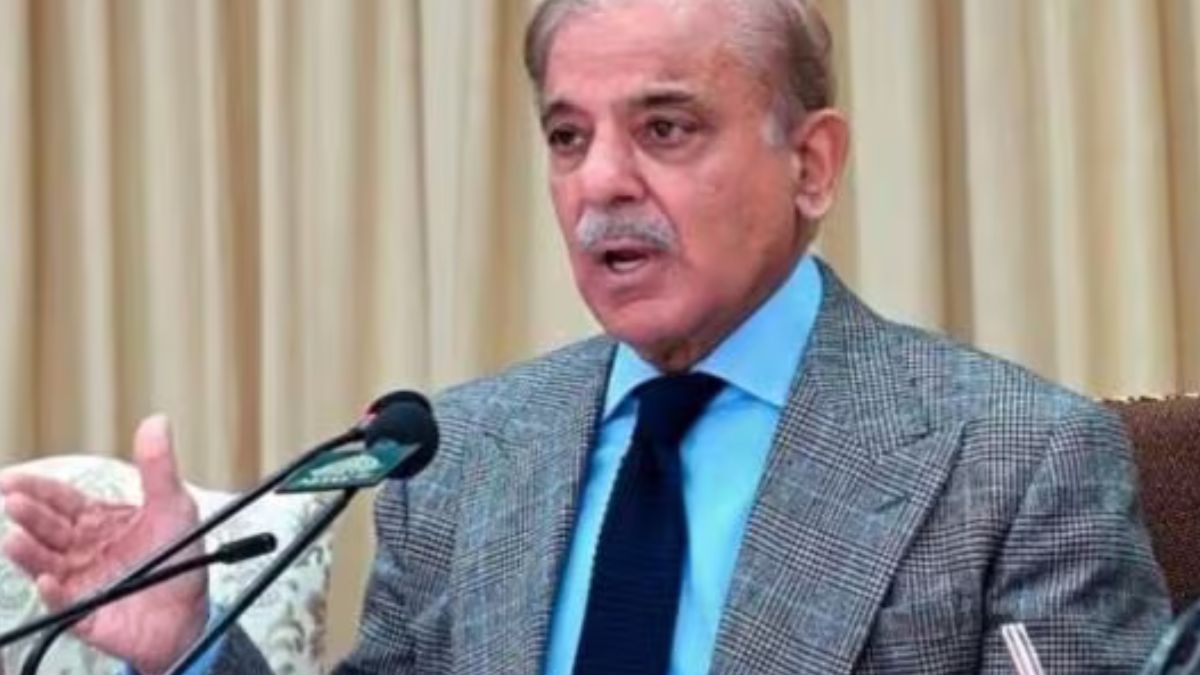)
)
)
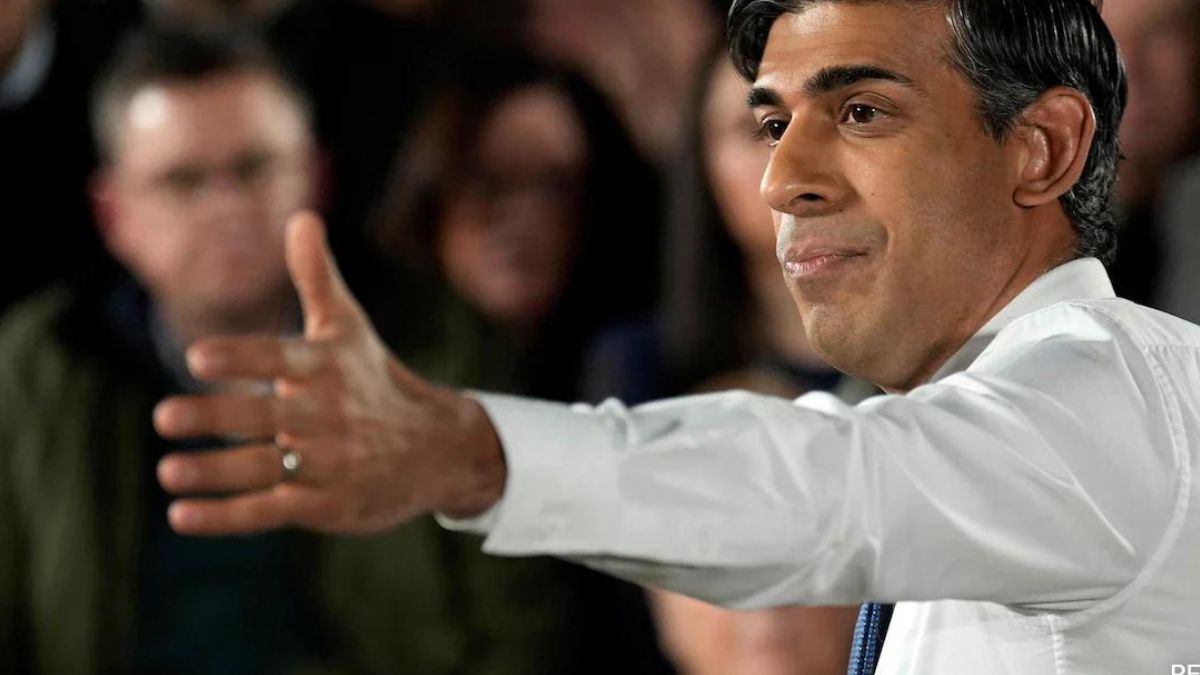)
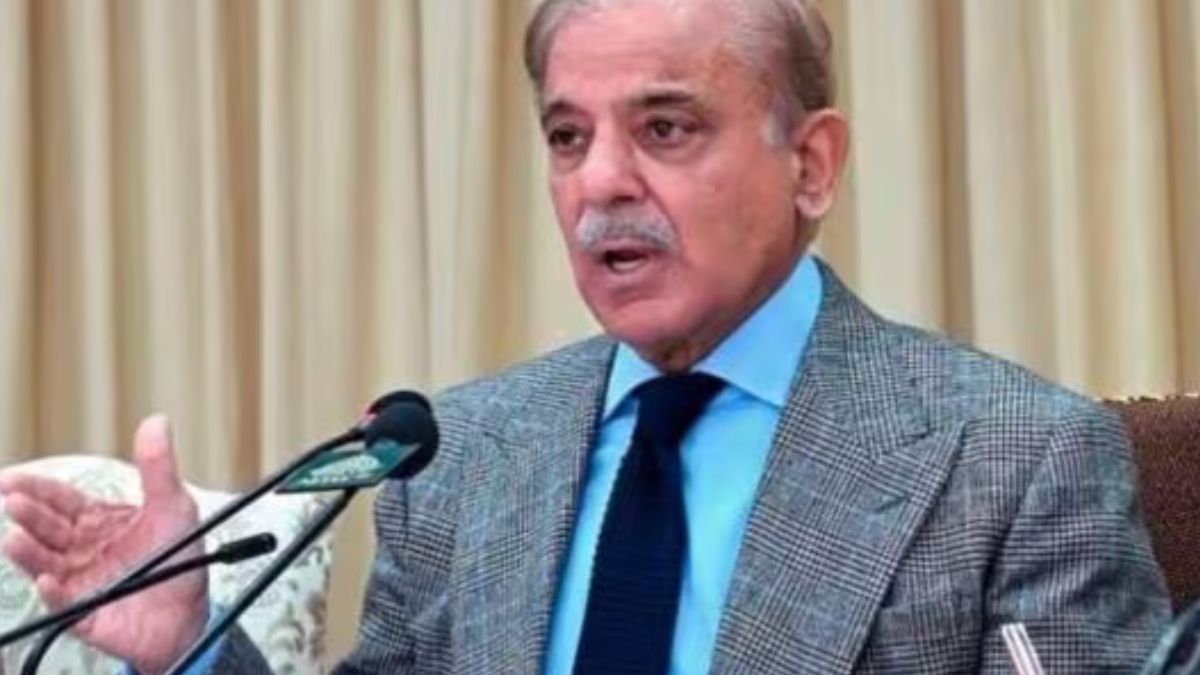)
)
)